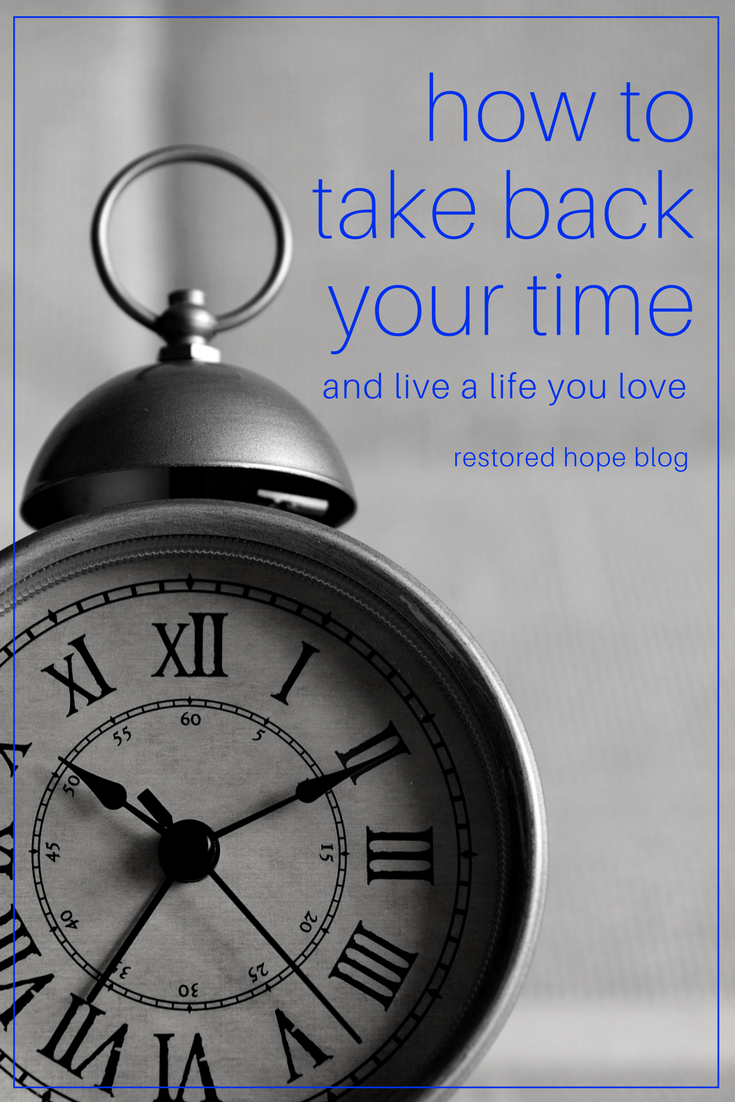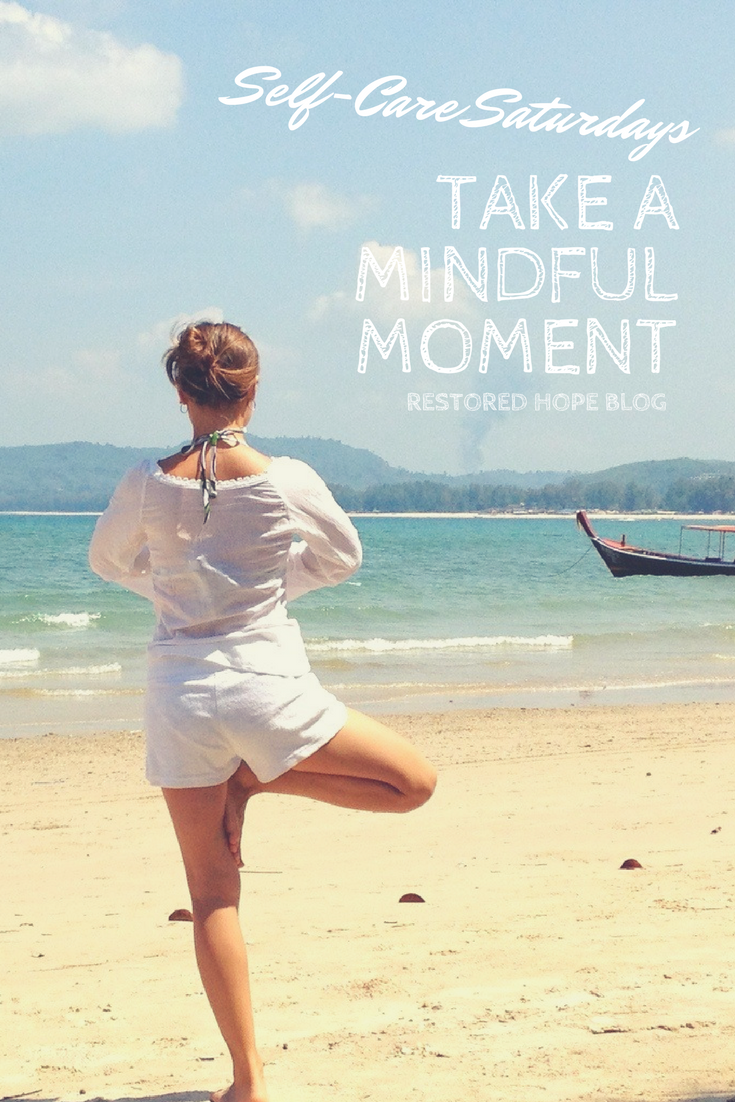What comes to mind when you hear the phrase, “being instead of doing”?
We live in a culture and a country that prizes achievement and success, which we attribute to working hard. The “American dream” promises that hard work and sacrifice will bring you happiness and fulfillment. I think about all the books and blogs out there about productivity and getting things done. We are encouraged to “hustle.” We wear 50 to 60-hour work-weeks as badges of pride. “Doing,” and always “doing more,” is glorified. When something is broken, we want to find a solution, fix it, and make it better.
“Doing” can also look like filling our time to escape from painful emotions or experiences. You can numb out by watching TV, eating, shopping, or any other type of behavior that takes your mind off your present reality, but those behaviors often still leave you feeling drained. You may not be achieving goals, but you’re still not allowing yourself to “be.”
I am someone who struggles with the idea of resting or waiting. I feel much more secure and in control when I do something productive.
What are some ways you tend to get caught up in this attitude of “doing”?
As a therapist in private practice, I feel this pressure to “hustle,” both for the sake of my business and for the best care for my clients. This drive to achieve can be a good thing in small doses – until I push it beyond what I can handle. It can warp into pressure to work hard that can either paralyze me or drive me into the ground. It can lead to perfectionism, overwork, and ultimately to burnout.
Like most behaviors we come back to in our lives, keeping busy with work serves us somehow. We wouldn’t do it if there weren’t some benefit. Maybe it’s the pride of accomplishment, the sense of control and order it gives us, or the approval of others. Or maybe you’re constantly doing something because you’re running or avoiding.
How might you fill in this blank: “If I constantly keep myself busy, I won’t have time to stop and think about _________”? You can run away from your own awareness of your weakness and neediness by chasing achievement and accolades. You can run away from your loneliness or desires by working for the approval of others. You can even run away from the responsibility that comes with success by filling your time with purposeless activity.
What might you be running from when you’re “doing”?
As I sit, listen, and “be” with my clients, what I notice is I am much more alive and authentic than I would be if I were trying to fix them. I often find that my clients can perceive this attitude, and they are more willing to be genuine themselves. This idea applies with relationships in your life as well. As you sit and empathize with friends or family, being present with them instead of thinking of what you’ll say next or what advice you’ll give them, you are bringing more of your true self and presence to the conversation. This can extend to work too: how many times have you puzzled over the solution to a problem for hours, and the answer comes to you when you’re not thinking about it?
As a therapist, I can feel pressure to be perfect or “enough” for my clients. To say exactly the right words, or to offer the perfect response. I can feel the pressure to have all the right training and education, to get the PhD, or to know all the answers. There is freedom in realizing that I will never be perfect. On my own strength, I will never be enough for my clients or for the people around me. And when I give up trying to be perfect and instead offer myself as a fellow traveler and support to clients or to other relationships in my life, I’m much more genuine and authentic to my true identity.
How would it change your relationships if you could be more authentic with the people you love?
We have to make an intentional choice to “be” instead of “do.” Personally, I had to make this choice while writing this post. My original intention was to stay up late and get it done so that I’d have it completed by my deadline. But in order to do that, I’d be missing needed sleep and down time. Instead, I chose to spend the evening resting and wrote the post the next day, even thought that meant it would be posted later than I intended.
How can you start to make this intentional choice in your life? Practice mindfulness. Rest. Play. Take a nap. Read a book. Take a leisurely walk. Pray. Sleep in. Give yourself permission to take a break, to simply “be.”
What does it look like in your life to “be” instead of “do”? How can you embody this in your life this week?
This article was originally posted on May 12, 2017.













